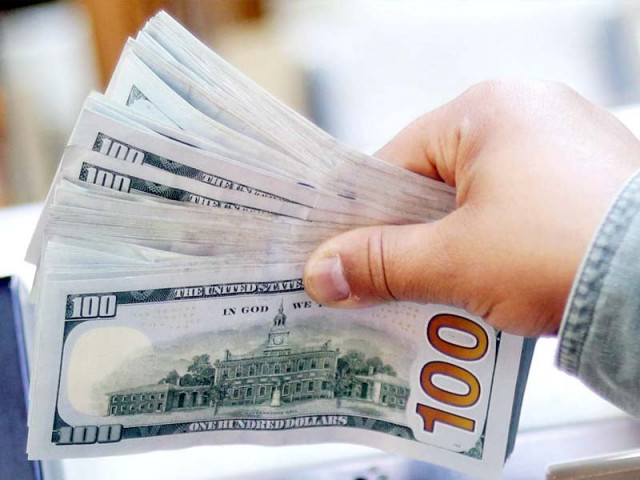Govt keen to stem illicit financial flows
Planning Commission official discusses post-Covid prospects of sustainable infrastructure investment

The government is committed to supporting all international initiatives to help stem illicit financial flows and recover stolen assets, said Planning Commission Deputy Chairman Mohammad Jehanzeb Khan.
Speaking at a webinar on “Accelerating Infrastructure for a Sustainable and Resilient Recovery and Restoring Trade” on Wednesday, Khan said that the World Bank in its 2018 report estimated that the financing requirement of developing countries to implement Sustainable Development Goals (SDGs) was at least $1 trillion annually and it would take up to 2030 to implement them.
Moreover, it is estimated that the building of sustainable infrastructure will require investment in the range of $100-120 trillion to ensure zero carbon emissions by 2050.
The event, organised by the United Nations Economic and Social Council (ECOSOC), discussed in detail the progress on promoting and sharing concrete national, regional and global experiences and initiatives for financing the SDGs in a rapidly evolving context.
The council will build on the work done under various processes, including the high-level financing initiative for development in the Covid-19 era and beyond.
The Planning Commission official said that the shortfall in infrastructure investment was estimated at $22.6 trillion, which rose to $26.2 trillion when the additional cost of implementing the SDGs and the “greening” of infrastructure was taken into account.
According to the Asian Infrastructure Investment Bank (AIIB), the total value of private transactions in Asian infrastructure declined by about 10% from $218 billion in 2018 to $196 billion in 2019.
Discussing the post-Covid prospects of sustainable infrastructure investment, the deputy chairman said that the global economic environment and sustainable infrastructure investment in developing countries by the private sector faced major challenges associated with the complexity of projects, uncertainty of returns, risk-sharing arrangements and a wide variety of macroeconomic uncertainties.
He added that the pandemic had deeply affected the real economy, in particular the consumer demand, financial sector activities, supply chain management, technology resilience, workforce employment, lives and livelihood. Khan said that the DSSI debt servicing relief provided much-needed fiscal space to the developing countries, including Pakistan, to help their population cope with the deeply damaging health and livelihood consequences of Covid-19.
As a result, authorities in developing countries were able to expand and strengthen the public health system as well as assist their people by launching specific programmes in support of protecting lives and livelihood. Despite repeated efforts and calls by the G20 leaders, the private sector creditors could not participate in the DSSI. The much-needed relief on comparable terms from them could therefore not be provided to the developing countries. The same was the case with the Multilateral Development Banks (MDBs).
He highlighted that projects struggled at early stages due to upstream challenges, including inadequate preparation, governance issues and access to finance country risk and project development.
“Therefore, we urge this forum to look at the possibilities of devising new innovative instruments for financing infrastructure needs by leveraging the private sector and MDBs in the form of a financing blend in which the private sector risk is mitigating and instruments should be designed to help them invest in developing economies.”
Published in The Express Tribune, April 15th, 2021.
Like Business on Facebook, follow @TribuneBiz on Twitter to stay informed and join in the conversation.



















COMMENTS
Comments are moderated and generally will be posted if they are on-topic and not abusive.
For more information, please see our Comments FAQ